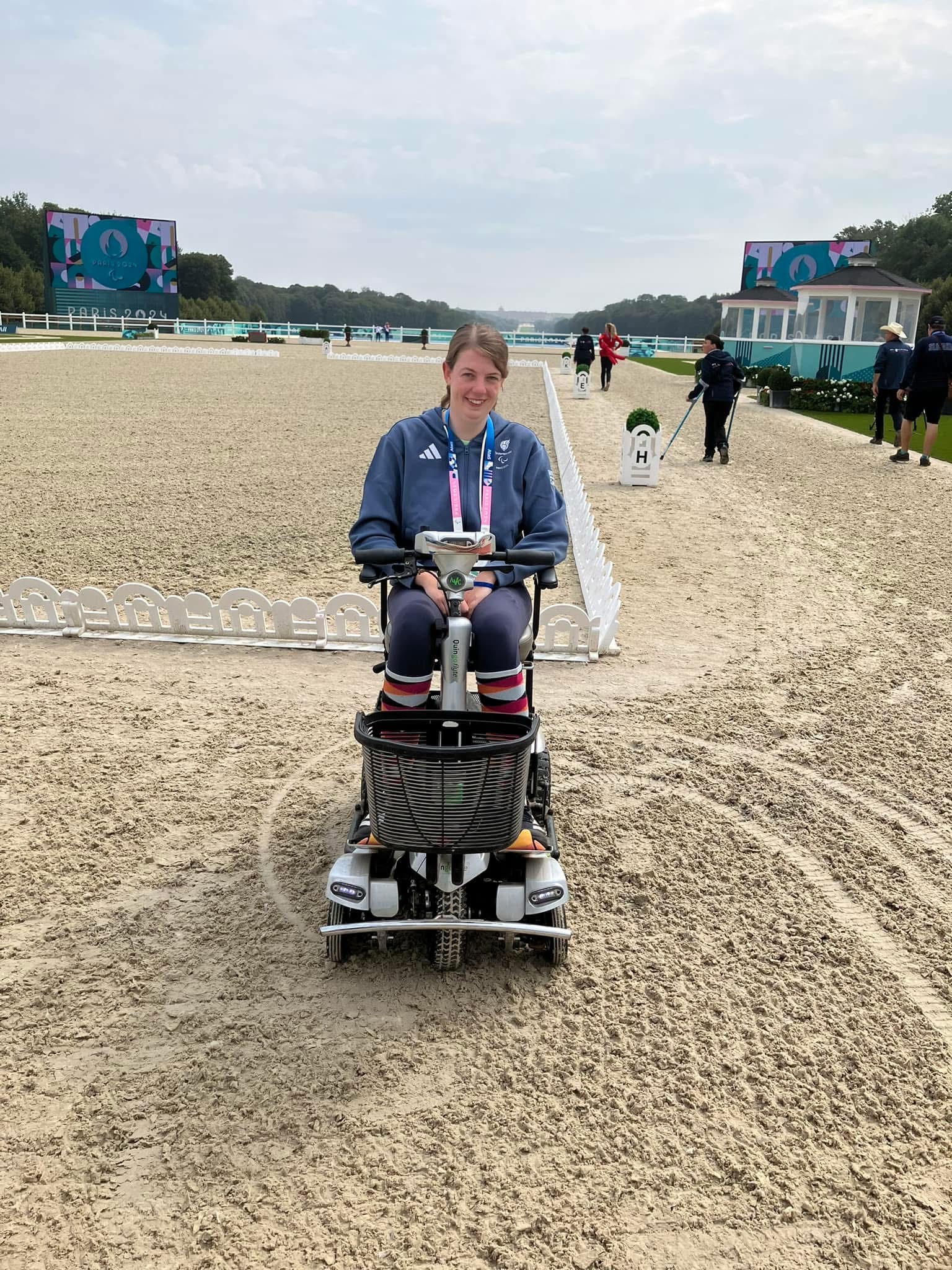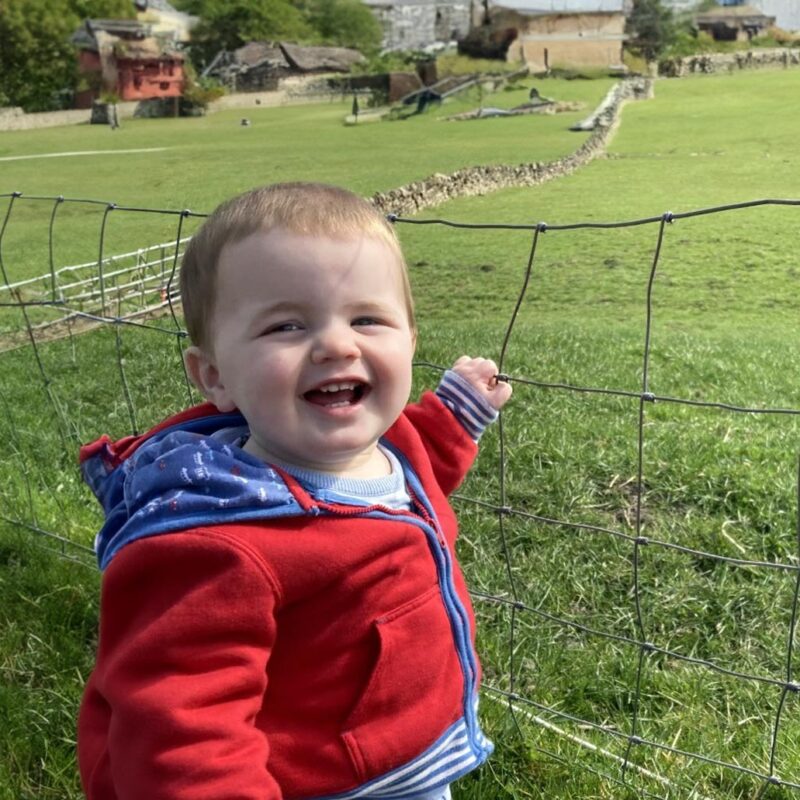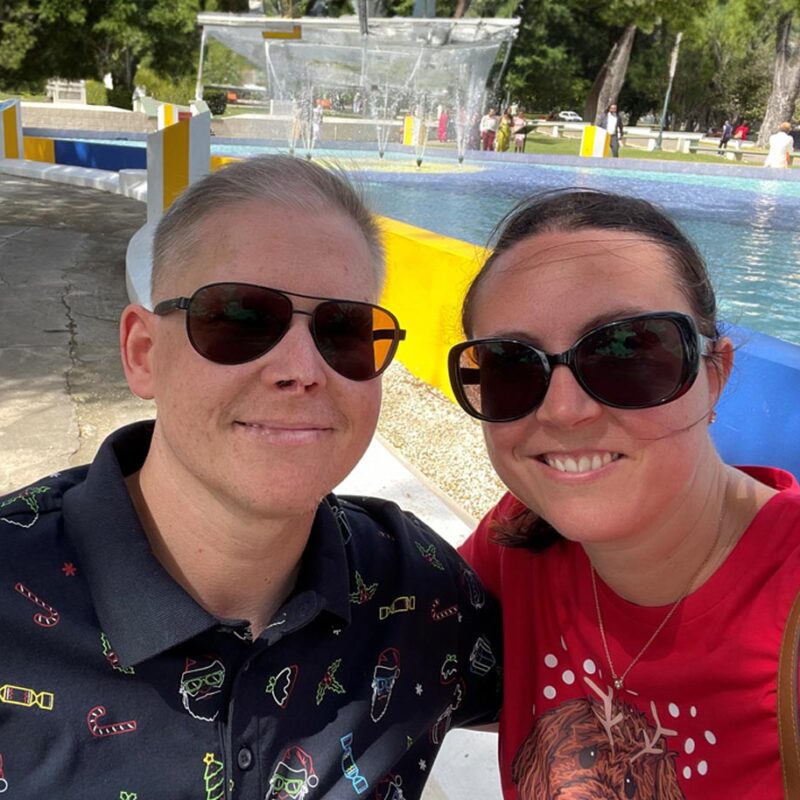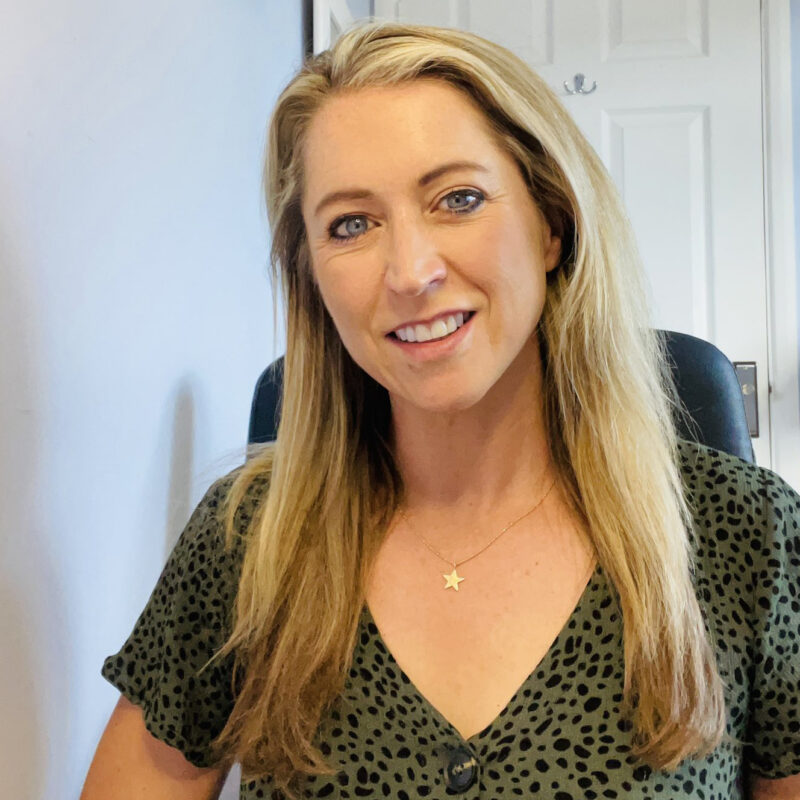Mari Durward-Akhurst is a Paralympic athlete with cerebral palsy and a rare neurological condition with symptoms including ataxia and dystonia, who has dedicated her life to equestrian sport. However, alongside the challenges of training and competition, she has also had to battle multiple episodes of sepsis – and she is sharing her story to help others understand the risks of this life-threatening condition.
The summer of 2023 marked the beginning of Mari’s battle with sepsis. Initially diagnosed with a kidney infection, she repeatedly sought medical help, only to be reassured that she was fine. “NHS 111 and my GP kept sending me to A&E as they were worried that it could be sepsis,” Mari said. “I went about five to six times, and the hospital kept telling me I was fine and just to keep taking the antibiotics for my kidney infection. They did say I should come back if it got worse.”
Her condition deteriorated further when she developed urine retention and needed a catheter fitted. “Two days later, I was very unwell, so my mum took me straight back to A&E,” she said. “They did blood tests and decided they were going to admit me, so they gave me antibiotics and fluids.” However, despite her worsening symptoms, the hospital reversed its decision. “Then they changed their mind and sent me home and told me to come back the next day. I really wasn’t very well, so my mum took me back in earlier.”
Despite showing clear signs of a serious infection, Mari faced multiple barriers to receiving care. “They put me on the same-day emergency care unit, which wasn’t very well set up for people that had sepsis,” she said. After another delay, she was finally admitted. “It took me 16 hours to be admitted, and they never actually told me that it was urosepsis. It was only my GP that saw my bloods after and was like, ‘Yeah, you had sepsis,’ because all the levels were so high.”
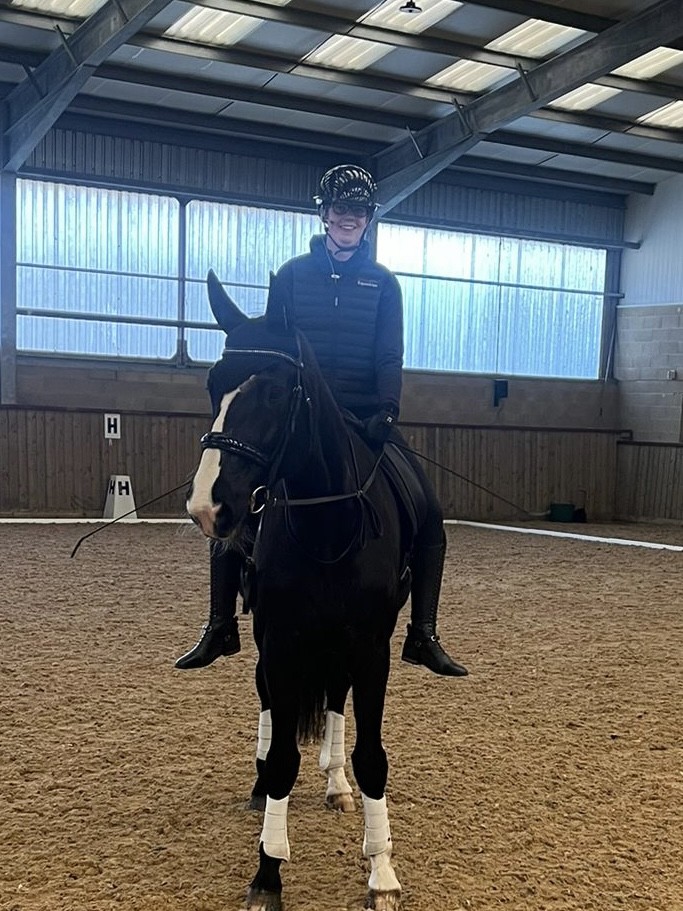
Mari spent nine days in hospital, a period she described as frightening. “It was really scary because obviously, it was my first time experiencing it,” she said. However, her challenges did not end upon discharge.
Later in 2023, while in the United States on a family holiday, Mari developed recurring kidney infections. “I started projectile vomiting and had a fever,” she said. “I immediately knew what it was.” She stayed in hospital for five days, receiving treatment: “My midline came out the day before we flew home.”
US doctors initially suspected a kidney stone, but the UK hospital she attended after returning home disagreed with that assessment. After a long gap without sepsis, Mari suffered another episode in March 2024. “The antibiotics at the US hospital had worked well, but when I got home, I became unwell again,” she said.
She called an ambulance but remembers very little of what happened. “I was projectile vomiting and couldn’t remember much.”
She spent a week in hospital receiving IV antibiotics. “I got a catheter as a result of the urine retention – I think it was related to the line, despite being on prophylactic antibiotics,” she said.
The conditions in the UK hospital were very different to the standard of care Mari had received through having “good health insurance” in the US. “The hospital roof was falling down, so they had to get me out of the way ASAP,” she said. “I was quite a hard case because I normally have carers at home – my mum and dad had to step in. The toilets weren’t disabled-friendly, and I couldn’t get an electric wheelchair in them. It was almost better at home.”
Mari believes she may have acquired another infection while at the Paralympics in Paris. “I didn’t take my rescue antibiotics soon enough,” she said. Her symptoms were similar to those she had experienced when she was previously brought in by ambulance. Her mother drove her to hospital, and she spent four days there. “They said it was probably a kidney infection or a UTI – blood cultures were positive,” she said. “I’d been to the Paralympics, had my nails done, and was treated like a VIP. Everyone knew I’d won a medal.”
The most recent case of sepsis occurred in December 2024. “When I got to A&E, it was hard to keep my head up or my eyes open,” Mari said. “I had loads of jumpers on and felt like I was going to pass out. I didn’t feel like myself and wasn’t making any sense.”
She saw a doctor straight away, jumping the ambulance queue due to the severity of her symptoms. “It took longer for my fever to settle and for me to stop throwing up,” she said. “My blood pressure started to drop.”
Doctors suspect it was another kidney infection, but she noted that they hadn’t scanned her kidneys in her recent hospital admissions.
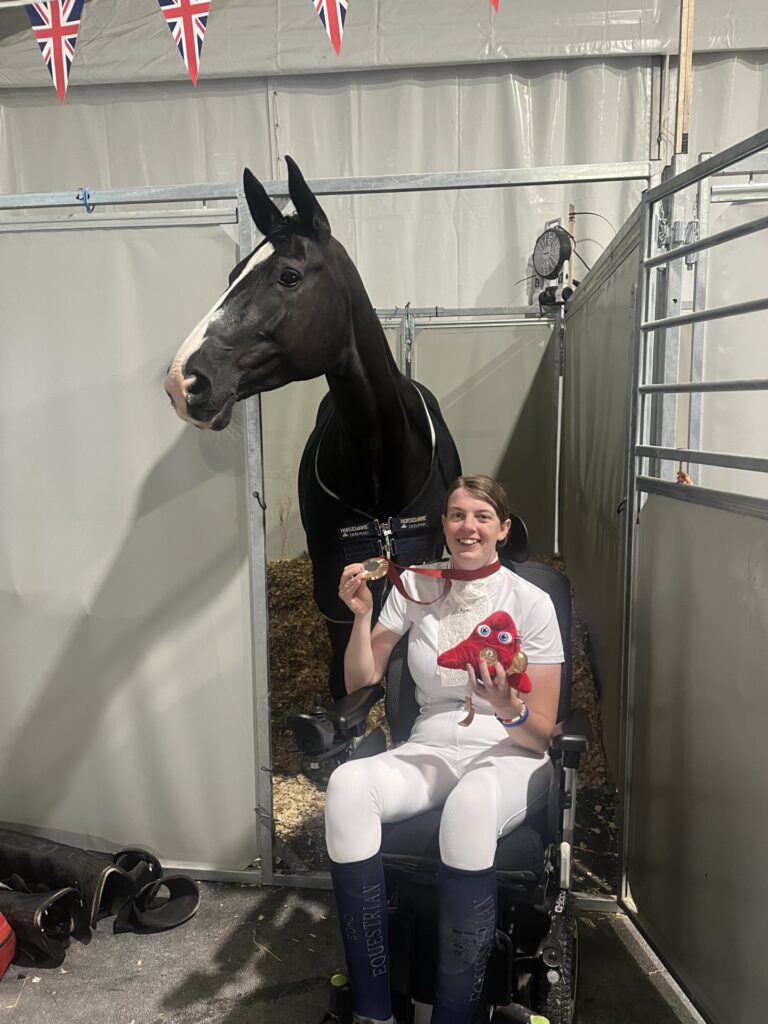
“The more times I’ve had it, the quicker I’ve recovered,” Mari said. “I got back to full training and felt better in myself, but I still don’t feel like I’m back to where I was pre-August 2023. It’s so traumatic because you don’t know if it’ll happen again.”
She has spoken to Emma, a UK Sepsis Trust nurse for support. “She was fantastic – I spoke to her after the case in the US, and she was really helpful,” she said. “I also spoke to her after the last bout in December.”
Mari’s new urologist is also working on improving her hospital experience. “They are suggesting new care, including a low sepsis threshold letter,” she said. It’s similar to an alert card that cancer patients have, meaning Mari won’t have to keep explaining her medical history every time she goes to A&E. It should make triage faster and make sure she gets the right care sooner.
Mari wants people to understand that sepsis symptoms can vary and may not always follow textbook presentations. “Not everybody presents the same,” she said. “Like the first time, I didn’t have a fever until the last time when my blood pressure had dropped. The first hospital kept saying, ‘Oh, you can’t have sepsis because you don’t have a fever,’ but you can still have sepsis even though you don’t have a fever.”
Her key message to anyone feeling unwell is simple but critical. “If you really don’t feel well and you’re unsure, then just go and get help and ask, ‘Could it be sepsis?’ It’s much better doing that than waiting and going into septic shock.”
As an athlete, Mari is using her platform to help spread awareness of sepsis. “I’ve got one of your T-shirts that I’ll be wearing while riding and going to the gym,” she said. “Wherever I go, I hope people will ask why I’m wearing it so I can share my story.”
She also hopes that her increasing profile through the Paralympics will help get sepsis awareness out to a wider audience. “When I said I had sepsis, people were like, ‘What’s that?’ And it’s such a horrible condition if not taken seriously and treated quickly. More people need to know about it. The statistics on it are shocking.” Mari believes that more public attention is needed to drive change. “Hopefully, it gets better press coverage, which will then hopefully help all the patients dealing with it.”
Mari is determined not to let her sepsis experience hold her back from her sporting ambitions. “Our competition season kicks off at the end of this month, so I’ve got the Winter Championships coming up,” she said. “The main aim is the Europeans in September this year, so hopefully I can stay out of hospital, unlike last year, and everything goes to plan.”
By sharing her story, Mari hopes to help others recognise the warning signs of sepsis, advocate for better care, and ensure that no one else is left feeling lost in the system.
